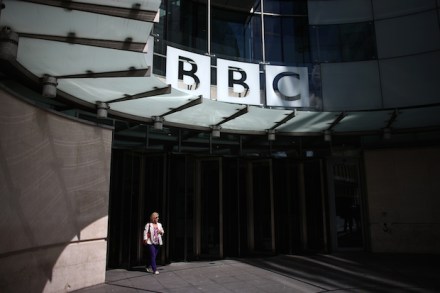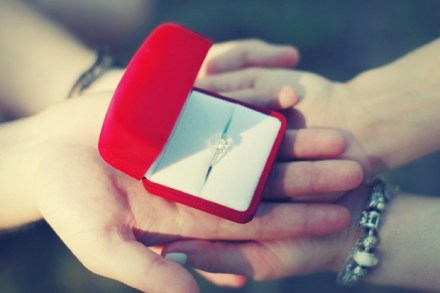How about we ‘defend European values’ by not arresting people who say stupid things?
After terrorist outrages like the one in Brussels, our leaders always say the same thing: ‘We must defend European values against these evil killers.’ It seems the Metropolitan Police didn’t get the memo. For they have just arrested someone — actually arrested someone — for tweeting something unpleasant about the Brussels attack, in the process trampling their coppers’ boots all over what is surely, or at least ought to be, the most important European value of all: freedom of speech. The arrested man is one Matthew Doyle. He went viral after tweeting about a run-in he had on the day of the Brussels attacks: ‘I confronted a Muslim woman yesterday




















